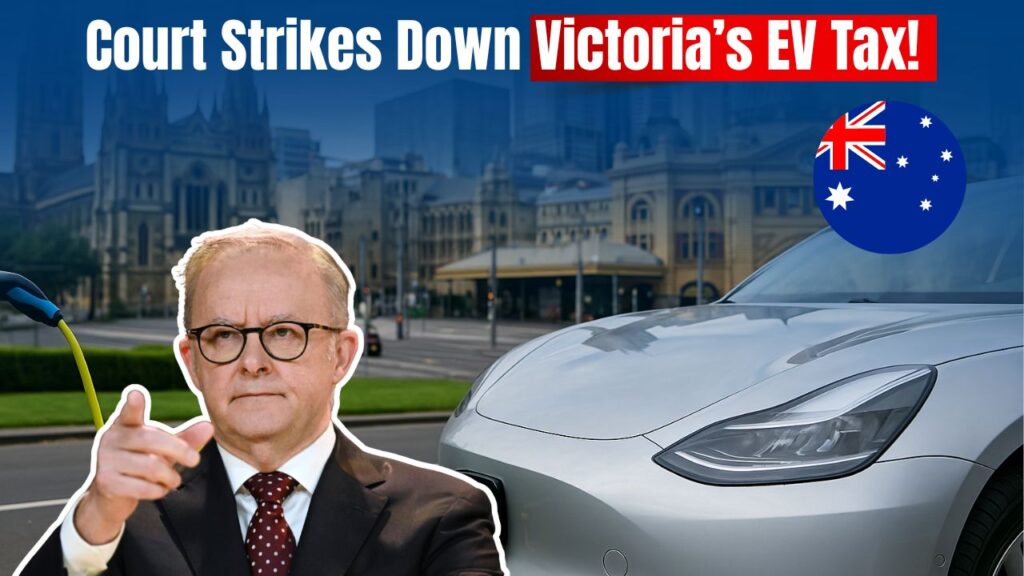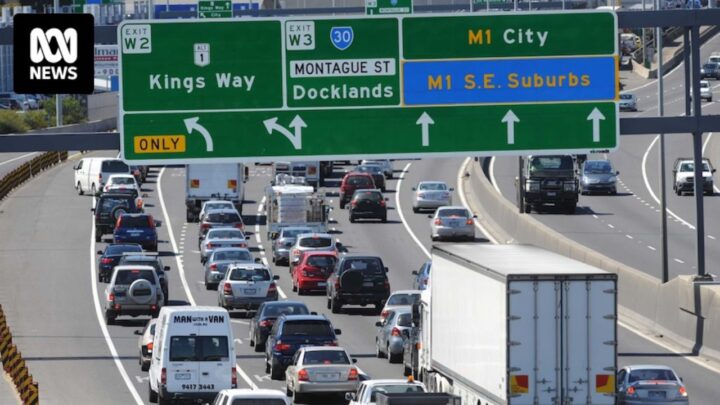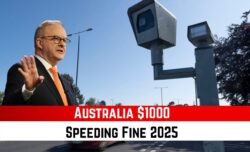A major shift in Australia’s road and transport policy occurred recently when the High Court ruled that Victoria’s electric vehicle (EV) road user charge was unconstitutional. This landmark decision not only eliminates the controversial EV tax in Victoria but also sets a powerful precedent for other states considering similar levies. The court found that only the federal government has the authority to impose such taxes, effectively redefining the limits of state taxation on transport. As electric vehicles become increasingly popular across Australia, this ruling could drastically alter national EV strategies and funding models for road infrastructure.

Victoria’s EV Tax Overturned – What the Court Ruling Means for Drivers
The recent ruling by the High Court of Australia declared that the EV road user charge introduced by Victoria in 2021 is invalid. Under the law, EV drivers were required to pay 2.8 cents per kilometre as compensation for not paying fuel excise. The court deemed this a tax on the use of roads, which falls under federal jurisdiction. This decision is expected to immediately stop the collection of such charges in Victoria and raises questions about road funding and how EV drivers contribute to road maintenance. The ruling is a win for EV owners and environmental groups who viewed the tax as a barrier to clean vehicle adoption.
Impact of the Ruling on Australia’s Road Funding and EV Adoption Plans
With Victoria’s EV tax struck down, the implications ripple beyond one state. Other Australian states and territories may now hesitate to introduce similar road user charges. The federal government must now consider developing a unified national framework for EV contributions to road maintenance. This decision may accelerate EV uptake across the country, as potential buyers no longer face an additional usage tax. It also sparks a broader conversation around modernising infrastructure funding models as more Australians transition away from fuel-based vehicles. The removal of the tax lowers ownership costs, potentially increasing interest in sustainable transport options.
Broader Legal and Policy Implications Across Australian States
The High Court’s judgment sets a legal precedent that limits state governments’ abilities to independently introduce usage-based transport taxes. States like New South Wales and South Australia, which had proposed similar EV charges, may now need to reconsider or scrap their plans. This decision realigns the balance of power between federal and state governments when it comes to taxation and could influence policy in areas beyond transport. For national EV adoption strategies to succeed, Australia may now move toward a harmonised approach that includes federal regulation, national incentives, and a consistent road-use contribution system for all vehicle types.

Table: Key Details of Victoria EV Tax Case and National Impact
| Topic | Details |
|---|---|
| Policy Affected | Victoria’s EV Road User Charge (2.8 cents/km) |
| Court Decision Date | 4 October 2025 |
| Reason for Ruling | Only the federal government can impose such road taxes |
| Immediate Impact | Tax collection stopped in Victoria |
| Broader Effect | Other states may scrap similar EV tax plans |
| Beneficiaries | EV owners, environmental groups, future EV buyers |
| Next Steps | Federal government may consider national EV road funding framework |
FAQs on Victoria EV Tax Ruling and Road Policy Changes
What was the Victoria EV tax?
A 2.8c/km road user charge for electric vehicle owners.
Why was it struck down?
The High Court ruled that only the federal government can levy such taxes.
Will other states cancel their EV taxes?
Likely yes, as the ruling limits state taxation authority.
How does this impact EV adoption in Australia?
It removes a cost barrier, encouraging more Australians to switch to EVs.





